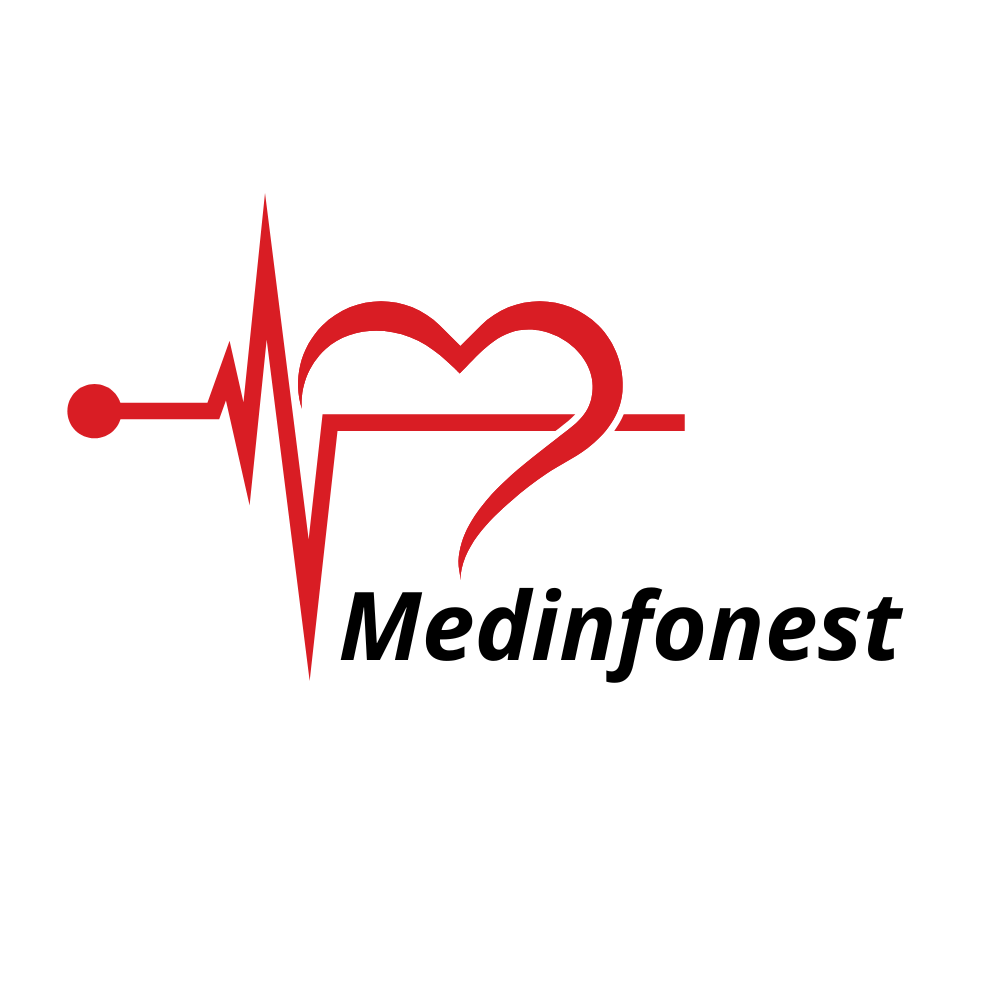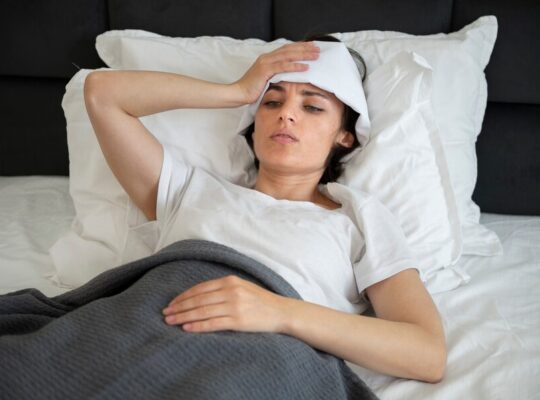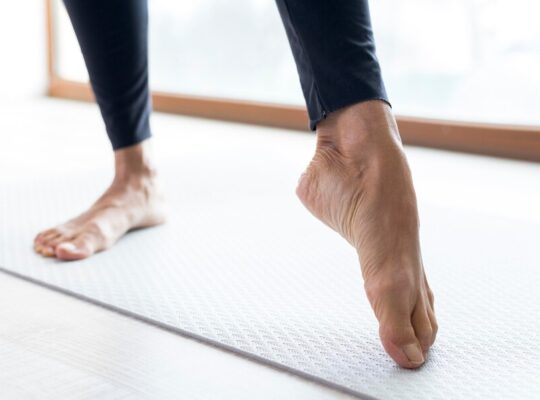Read about Narcissistic personality disorder:
Understanding Bipolar Disorder
This mental disorder is classified under mood disorders whereby the affected individual displays swings between mania or hypomania states and depression. Such fluctuations are likely to interfere with sleep, energy, behavior, and productivity levels or rather, the extent of one’s functionality. It remains understood that while medication can help regulate such mood swings the non-medication approaches can also help in managing such a disorder.
1. Lifestyle Changes

A. Regular Exercise
Bipolar disorder can be addressed with the help of numerous remedies, of which exercising proves to be a very effective one. In addition to physical prerequisites, a healthy weight reduction plan must provide guidelines for regular exercise as a means to stable mood, decreased anxiety, and sound mental health. These include the regular value activities, including treadmill, jogging, swimming, and doing yoga among others.
B. Sleep Hygiene
Stable routines for sleep are critical in their everyday lives for those who have bipolar disorder. Limiting the hours of sleep and sticking to a fixed time of rising from bed also assists in controlling the inner clock in controlling mood swings.
C. Balanced Diet
Proper diet has impact on the emotional well being and the vitality of the body. Ensure that you take many fruits and vegetables and take lean protein and whole grain foods and healthy fats. Minimize the intake of beverages containing caffeine, sugar and alcohol since they may cause you to easily switch moods.
2. Psychological Therapies for Bipolar Disorder Treatment Without Medication
A. Cognitive Behavioral Therapy (CBT)
CBT assists people in modifying the mental processes and behaviors, which are considered to be detrimental. This is particularly useful in the bipolar depressions and the mania that is characteristic of bipolar affective disorders because they enhance the construction of healthier cognitions and ways of handling daily stressors.
B. Interpersonal and Social Rhythm Therapy (IPSRT)
The need to incorporate stabilization of daily cycles and schedules of human functioning forms the basis of therapeutic intervention in IPSRT. Through adherence to daily routines of activities, eating as well as sleeping, one can possibly avoid mood episodes.
C. Mindfulness-Based Cognitive Therapy (MBCT)
MBCT integrates mindfulness into several Cognitive Therapy approaches in the practice of its treatment. Individuals can use it to remain attentive and be aware of the transitional signs of mood fluctuations and even work on methods of handling stress and emotions.
3. Support Systems

A. Therapy and Counseling
Scheduling an appointment with a therapist or counselor helps a constant discussion of emotions, struggles, and milestones. The other kind of therapy that one can receive is group therapy this is because it provides one with the support from other people who are also going through the same issues.
B. Peer Support Groups
To derive support, the main character learns that it is important to find a community of people with bipolar disorder. Even in cases where people cannot directly relate to what others are going through, listening to a person’s story and their way of handling things can feel more powerful and soothing.
C. Family and Friends
The lack of personal support and the need to explain the character of bipolar disorder to the closest people are necessary arguments. You can ensure that you have a good foundation by adopting proper communication and this will create a healthy and supportive foundation for the relationship.
4. Alternative Therapies for Bipolar Disorder Treatment Without Medication
A. Herbal Supplements
A few herbal supplements like Omega-3 fatty acid can be helpful in reducing the signs. Still, it is crucial to seek the advice of the healthcare provider concerning the supplements to avoid because some might interfere with the medications or cause other complications.
B. Acupuncture
Acupuncture is a therapy that was originated from China in which thin needles are penetrated in the specific regions of the body. They may also be useful in alleviating anxiety and lifting the mood by supporting the body’s own curative reactions.
C. Light Therapy
Bright light is considered when the patient is recommended exposure to light, and this is because the exposure has a way of advising the moods as well as sleep. It is most helpful for bipolar disorder patients who feel the shift in mood through the change of seasons.
5. Stress Management as Bipolar Disorder Treatment Without Medication
A. Meditation and Mindfulness
Psychotherapy also aims at dealing with stress and emotional regulation; meditation is also helpful in that aspect. Methods, for instance, breath control, muscle relaxation, and visualization are useful to reduce anxiety.
B. Hobbies and Activities
Pondering on any pleasant hobbies or exercises that can be undertaken to reduce stress, has health benefits. Painting, music and writing could prove to be healthy distractions which might help to ease the mind in a creative way.
C. Time Management
Finally, the efficient time management minimizes stressful events and fighting the sense of being overwhelmed. Scheduling is also important when it comes to work; one should keep on prioritizing, setting achievable goals and occasionally getting a break in between may also be very helpful.
FAQs about Bipolar Disorder Treatment Without Medication
1. Can bipolar disorder be managed without medication?
It is possible in some cases, however, changes in life style, psychological therapies, support, the use of other therapies which as a part of complementary medicine and stress free methods of managing bipolar disorder are also good. Nevertheless, patients need to ask about medical advice before changing some specific treatment.
2. What lifestyle changes can help manage bipolar disorder?
Most of the conditions of bipolar disorder can be controlled through exercise, sleep schedules, and nutrient balanced diets. These changes help to stabilize mood swings, lower the level of anxiety, and enhance the quality of mental health.
3. How does Cognitive Behavioral Therapy (CBT) help with bipolar disorder?
It also assist in discovering and altering inaccurate patterns of thoughts and behaviors, which is popularly referred CBT. Therefore, it is effective both for depressive and manic episodes of bipolar disorder as it helps to reintroduce the patient to healthier patterns of thinking and behaving.
4. What is Interpersonal and Social Rhythm Therapy (IPSRT)?
IPSRT is centered round biological rhythms and cycles, which consists of, among others, the rhythm of activities and eating as well as sleeping. This helps minimize the chances of having mood episodes in bipolar disorder patients.
5. Are there any herbal supplements that can help manage bipolar disorder?
Certain herbs like Omega three fatty acid might assist in easing the signs. However it is advised that one seeks advice from a health care provider prior to taking any supplement as there is potential of an interaction with other medication or adverse impacts.
6. How can mindfulness and meditation benefit individuals with bipolar disorder?
Thinking about things in the present can reduce stress, as well as practice in meditating. They can easily help in calming the mind by employing deep breathing, progressive muscle relaxation, and guided imagery.
7. What role do support systems play in managing bipolar disorder?
Therapists, self-help groups, and other people including family and friends offer encouragement, empathy and guidance which help in dealing with the condition. They assist patients to feel comforted and more in charge of their conditions than they were before.
8. Can acupuncture help with bipolar disorder?
It can also be beneficial in lowering levels of anxiety, and maintaining healthy levels of both mind and body by stimulating the healing process. It is an old Chinese treatment, which entails piercing the skin with very thin needles at particular sites.
9. How important is sleep hygiene for individuals with bipolar disorder?
Bipolar disorder patients are also advised to keep a sleep schedule or a regular pattern of the amount of hours of sleep they require. Stability and circadian rhythm of sleep has a helping effect of maintaining and controlling the body clock, thus avoiding highs and lows.
10. What are some effective stress management techniques for bipolar disorder?
The methods of stress management include relaxation in the form of meditation or mindfulness, doing different activities that one enjoys, organizing the time properly, and exercising, among others. Such strategies assist in decreasing stress and tendencies of experiencing overwhelming.












